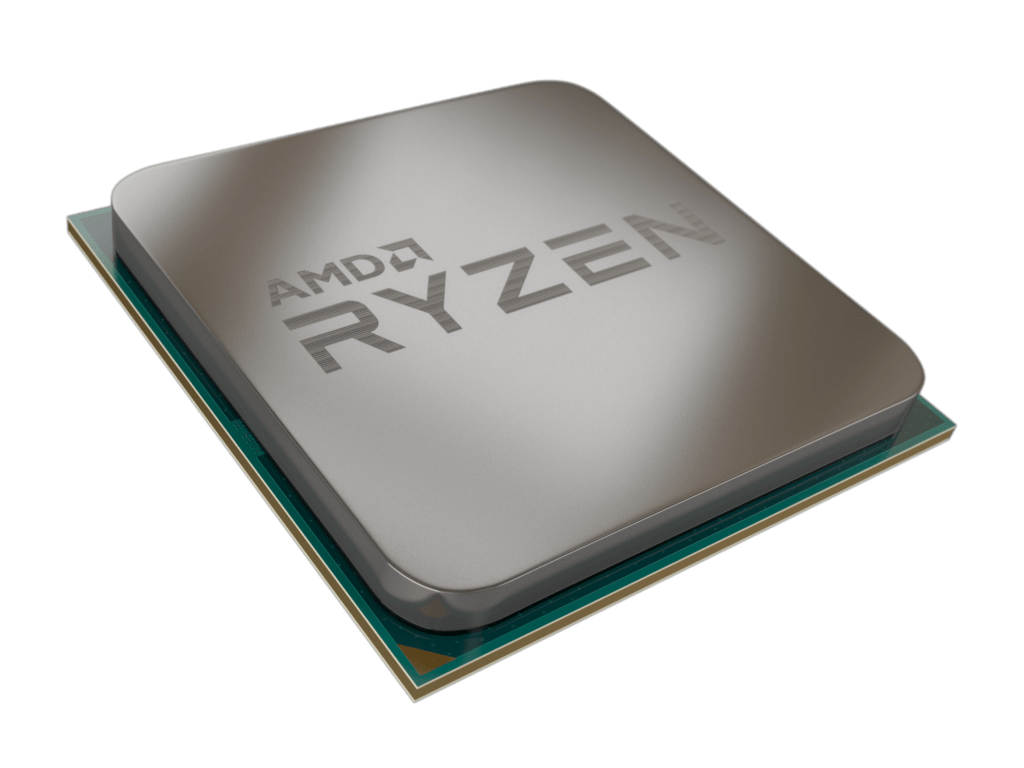Over the last decade, and partially as the result of a prior Intel CEO underfunding processor development while AMD remained focused, AMD has arguably passed Intel as the performance king in the segment. Ironically, given Intel’s dominance, they did this on both laptop and desktop systems. Intel is stepping up its game again, and we should see soon if its latest offering can close or even eliminate this performance gap. For now, though, AMD appears to be the performance king.
Let’s talk about AMD’s latest Zen 4 platform and its new AM5 platform which comes with a brand new, and far better, socket.
AMD vs. Intel
While Intel launched its 13th generation processor this week, Raptor Lake, none of us have test systems yet, so we can’t tell if they will be competitive with AMD’s latest. AMD’s latest Ryzen processors “blow the doors off” Intel’s current 12th generation with productivity apps, though gaming is, as always, a mixed bag. This last is because both AMD and Intel work closely with game developers to tune games for their latest processors, tuning that often causes the resulting benefits for the part that founded the tuning effort. I have to admit that many of the benchmarks are impressively favoring AMD at the moment, as well. This performance has been validated by several additional independent sources including Eurogamer, and, to a lesser extent, PC Gamer.
This isn’t to say the parts don’t have some initial issues. Because they use a new higher performance DDR5 memory, the boot time for the AMD-based system is longer (particularly when the system is new and it is automatically tuning itself for the memory), and there have been issues with resuming from sleep quickly. These showcase it is often best to wait a quarter to buy a new processor so that others experience the initial problems, and you get the benefit of the resulting patch without experiencing them yourself.
These new processors require both a new motherboard and memory, but they no longer have pins which eliminates the common problem of breaking pins off on insertion (this used to be a painfully quick way to destroy an expensive processor). Given both AMD and Intel have moved away from pins on processors, I wonder how long it will be before the companies come up with a socket that is more similar to how we insert a SIM card, which would remove much of the friction from processor upgrades in the future.
Fortunately, coolers designed for AM4 sockets mostly fit on AM5 sockets because I have yet to see a dedicated AM5 socket cooler. As for storage, there’s good news and bad news. The good news is that the new PCIe 4.0 interface will support SSDs that can exceed 10,000MB/s but, while Corsair has teased such a part, none exist yet, suggesting there will be some significant performance benefits once those new SSDs are available to buy. But the related motherboards now anticipate these new, much faster SSDs, though swapping out SSDs, due to the need to copy one SSD to another while retaining boot capabilities, is still not as easy as I’d hoped, creating yet another reason to wait a bit until those SSDs are available. But the combination of that faster SSD storage, the new far faster DDR5 memory and the new processors will set even higher productivity records once available.
Wrapping up: AMD is kicking butt
While we wait for review parts from Intel for the 13th generation offering, AMD’s latest has generally taken the performance crown and showcases the benefits of staying focused on the goal and executing sharply over time. AMD isn’t slowing down, and, even though Intel has also recently stepped up its game, I expect the competition between these two companies will force both to advance even more rapidly going forward. That is a good thing because the next generation of the Web promises a far deeper dependency on endpoint computing as AI takes center stage and redefines Web 3D.
- Intel’s Hiring of Wei-Jen Lo: A Strategic Homecoming, not a Trade Secret Heist - December 2, 2025
- The Unlikely Savior of the AI PC Ecosystem: Why the Lenovo IdeaCentre Mini x (Snapdragon) Matters - November 26, 2025
- The Trillion-Dollar Distraction: Why AMD’s IBM-Trained CEO and Quiet Execution Make It a More Valuable Long-Term Bet Than Overvalued NVIDIA - November 17, 2025



